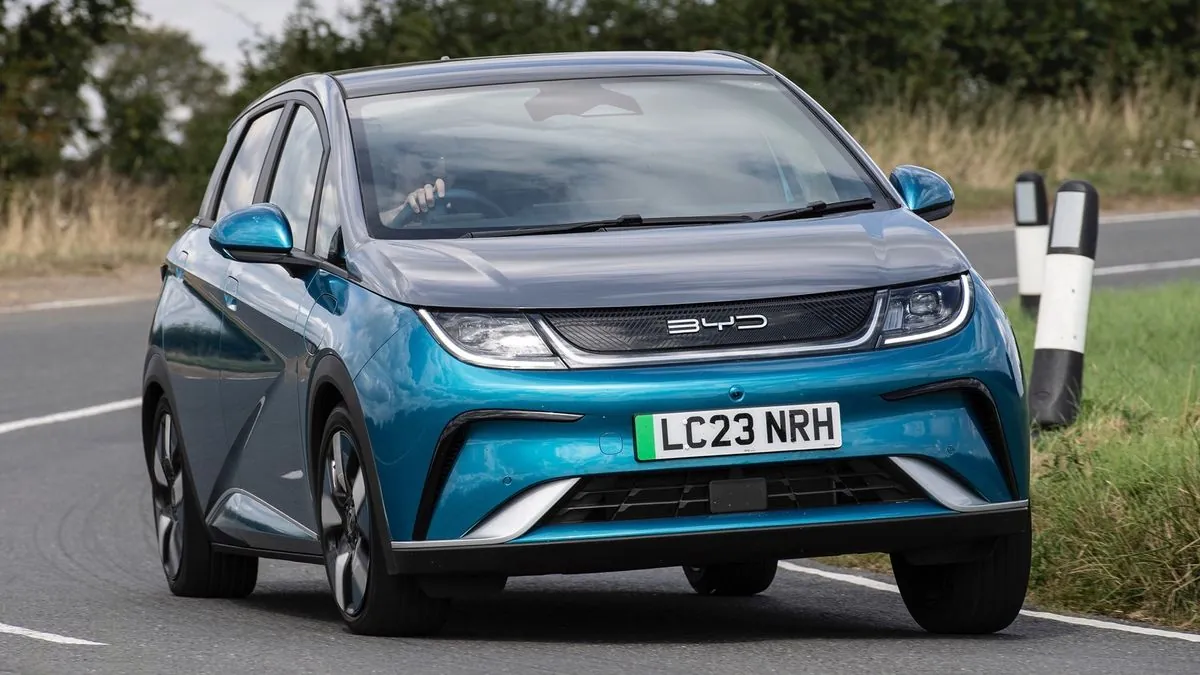UK Stands Alone: No Tariffs on Chinese EVs Despite Western Allies' Crackdown
The UK diverges from Western allies by not imposing tariffs on Chinese electric vehicles. This decision aims to protect British car exports and meet ambitious EV sales targets, sparking debate on competition and security.

As Western nations implement stringent tariffs on Chinese electric vehicles (EVs), the United Kingdom has chosen a different path. This decision has sparked a debate on competition, security, and the future of the UK's automotive industry.
Jonathan Reynolds, the Business Secretary, and Rachel Reeves, the Chancellor, have adopted a conciliatory approach towards Chinese EVs. Their stance is primarily driven by two factors: safeguarding British car exports to China and meeting the UK's ambitious electric car sales targets.
British luxury car manufacturers, including Jaguar Land Rover, Aston Martin, and McLaren, have significant stakes in the Chinese market. These companies have reportedly lobbied the UK government, expressing concerns that imposing tariffs on Chinese EVs could lead to retaliatory measures from Beijing.
"One thing I'm very sensitive to is that the entire structure of UK automotive production is export-oriented – we export 80pc of what we make."
The UK's decision also aligns with its zero emission vehicle (ZEV) mandate, which requires 22% of car sales to be electric in 2024, increasing to 80% by 2030. This ambitious target, coupled with Labour's proposal to ban new petrol and diesel car sales by 2030, makes the influx of affordable Chinese EVs potentially beneficial for meeting these goals.

The global EV market has seen significant growth, with China leading the charge. In fact, China's BYD surpassed Tesla as the world's top-selling EV brand in Q4 2022. The UK, with over 42,000 public EV charging points as of 2023, seems poised to embrace this electric revolution.
However, not everyone in the UK government supports this approach. Kemi Badenoch, the shadow housing secretary, and Tom Tugendhat, the shadow security minister, have raised concerns about unfair competition and potential security risks associated with Chinese EVs.
Tugendhat warns:
"These are not just cars; they are mobile intelligence-gathering machines. As we all know, modern EVs are packed with sensors that collect all kinds of data about a vehicle's surroundings, yet there is currently no clarity on how this data is used, if it is stored, or whether it is sent to China."
Despite these concerns, the UK government remains committed to its current stance. A spokesperson for the Department for Business and Trade emphasized that any decision must be right for the domestic automotive industry.
As the debate continues, UK consumers may benefit from more affordable electric vehicles. With the average CO2 emissions from EVs being about 50% lower than petrol cars over their lifetime, this could accelerate the UK's transition to greener transportation. However, the long-term implications for the UK's automotive industry and national security remain to be seen.


































